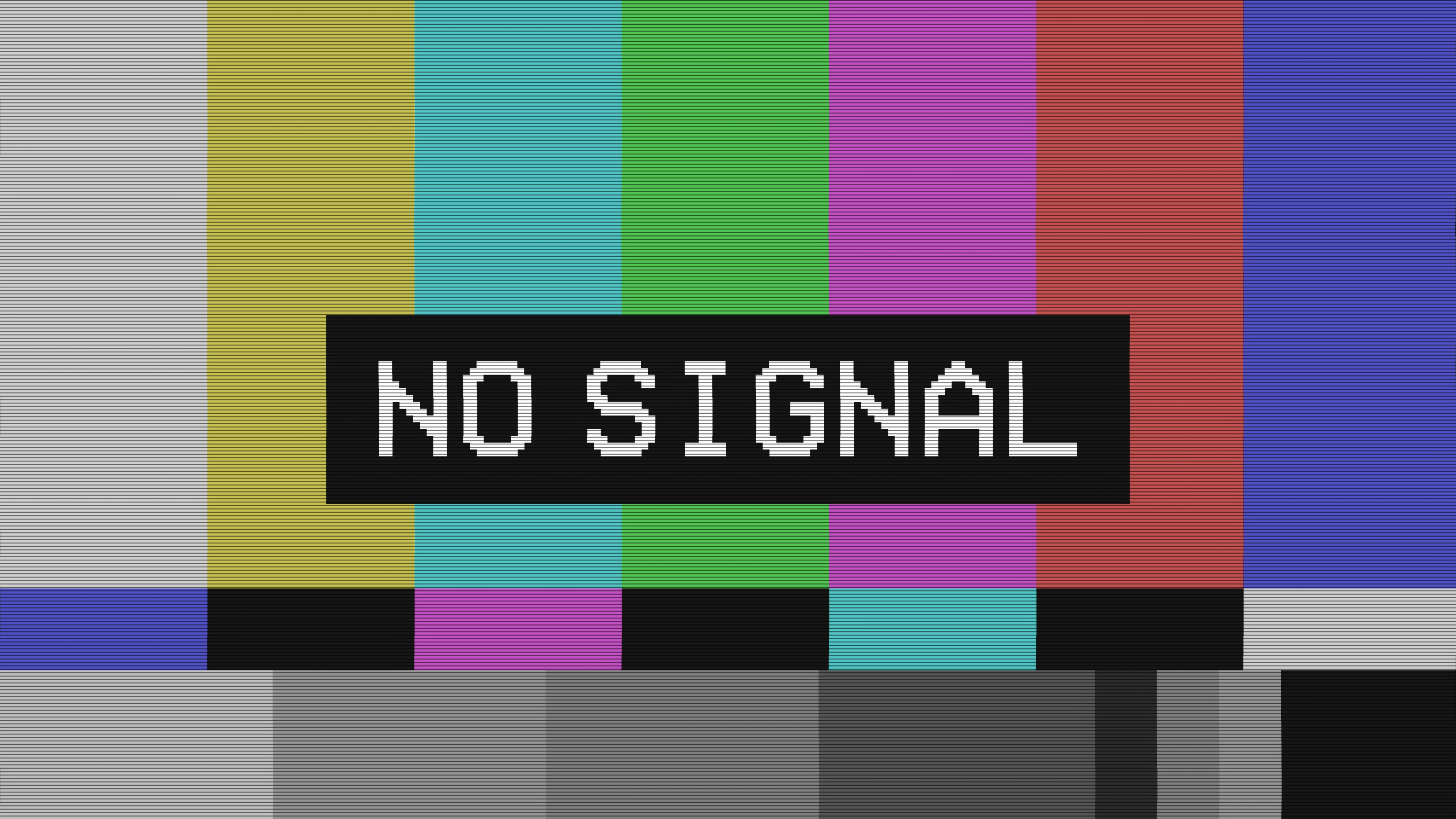A New Year's Broadband Agenda
"Every corner" of the United States will be high-speed wired. And that's supposed to happen by 2007, just two years away.
That's the promise made last spring from our re-elected president,, and although there has been significant progress in broadband rollouts over the last couple of years, nagging issues remain that need to be at the top of the administration's New Year agenda.
With a new point person on track to replace outgoing FCC Chairman Michael Powell--speculation has focused on candidates ranging from Republican Commissioner Kevin Martin to former assistant commerce secretary, Janice Obushowski3/4here are the areas where the new FCC boss can make a difference.
NUMBERS FUDGE
While the 2007 goal is unrealistic, it's even more disingenuous to have us believe the FCC's numbers. How much competition is there? Which regions are being underserved? How many homes and businesses truly have a broadband connection? What types of connections are making inroads?
The government had been labeling connections providing 200 kbps in at least one direction as "high-speed" and those with 200 kbps in both directions as "advanced services lines."
At that crawling rate, broadband can hardly be termed "high speed." For online gaming, voice, video and downloads--these are the true content drivers for broadband--200 kbps is little more than accelerated dial-up.
The FCC had also measured penetration by counting any ZIP code with at least one home wired. Democratic FCC Commissioner Michael Copps labeled this approach "not a credible way to proceed."
Finally, the FCC also withheld subscriber data in areas with three or fewer broadband providers, justifying this by saying it had to protect confidentiality, but that cloaked regions served by only one provider, aka monopolies.
These fudges rendered somewhat hollow the FCC's glowing biennial report of increased penetration to about 48 million homes by December 2003 from roughly 15 million in June 2001.
Just weeks after Bush's November victory, the FCC moved to fix these illusions, to Powell's credit.
The new reporting rules say broadband providers "will be required to provide more detailed information on the speed and nature of their service. The rules also establish broadband-over-power-line as a separate category in order to track deployment more closely.
To better assess broadband availability, incumbent telephone and cable companies will be asked to report the extent to which their DSL and cable modem service is available where they provide phone or cable television service."
Will we get a clearer picture? If so, that can only help policy-makers as they gauge the extent to which market forces are bringing about healthy competition, greater variety in services and cheaper prices. That's the crux of the debate between Democrats and Republicans--whether regulations or market forces work. The people appear to have voted for market forces, but that may be in part because they're being told those forces are working.
MUNICIPAL BROADBAND
One area where it might help to have a clearer picture is in municipal broadband deployments, one glaring omission from the FCC's agenda. Municipal governments have been making noise by deploying broadband in regions where market forces haven't worked. But how many?
The FCC, under Sec. 706 of the 1996 Telecommunications Act, is charged with accelerating deployment of advanced phone and Internet services to those areas where such deployment is not being made "in a reasonable and timely fashion."
To that end, the government has doled out more than $3 billion in rural broadband development subsidies during Bush's first term, in a program administered by the U.S. Department of Agriculture.
That some of the money went to gated communities in certain congressional districts reeks of pork (in their defense, they were in line for handouts no one else applied for). If there aren't enough rural areas seeking these funds, why not earmark some for municipal broadband?
This is where Powel's successor shouldn't pull punches, even if it means a turf battle. Money should go where it can do the most good and fulfill the FCC's charge. Imagine linking up small municipalities with broadband power line (BPL) and/or WiFi service using these subsidies. That's just the kind of boost new technologies could use to level the playing field with cable and DSL.
STOP E-RATE FRAUD
One area where the FCC has done an enormous amount of good is its $2.25 billion per year E-rate grant program wiring public schools to the Internet. Funded by your phone bill (the Universal Service Fund) and run by the FCC through a nonprofit company, the program has boosted the percentage of wired U.S. schools from 51 percent to more than 90 percent since its inception in 1998.
But it's also led to one heckuva boondoggle. School district officials have funneled money away from the kids who needed it. Companies such as NEC and IBM have been charged with rigging bids, while others such as SBC have sold millions of dollars' worth of unnecessary equipment.
The FCC's own inspector general has said his team's "primary obstacle" has been a "lack of adequate resources to conduct audits and provide audit support to investigations."
In the minimal auditing it has done, the IG's office found 13.5 percent of E-rate funds "questionable"--an unusually high percentage.
The new FCC should restore this program's luster by supporting its own IG, or face even further public skepticism about government fiduciary competence. Ironically, it's a government program under a Republican administration that's failing the public trust. n
You can reach Will at willworkman@hotmail.com
The professional video industry's #1 source for news, trends and product and tech information. Sign up below.
